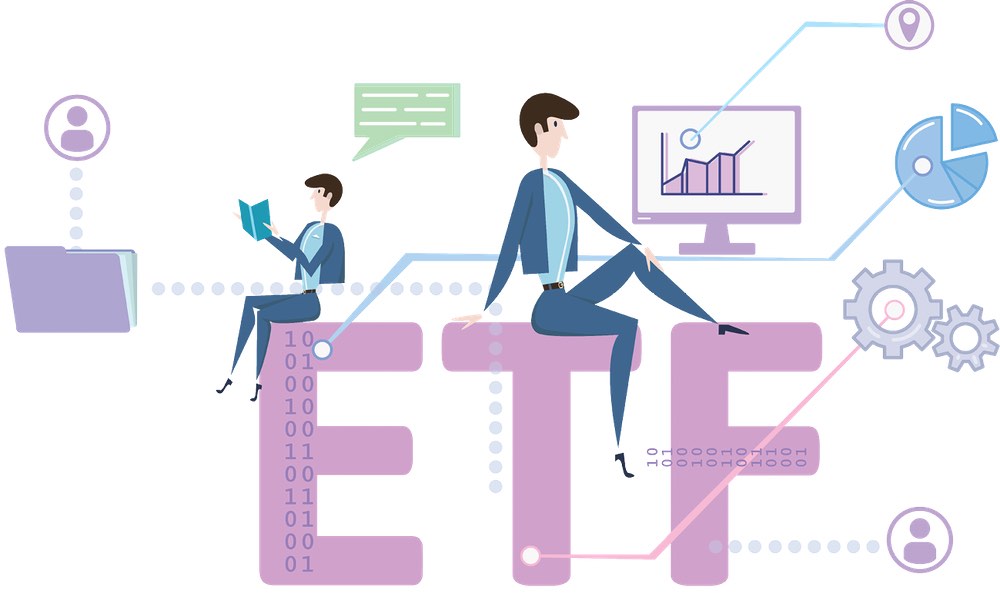SUBSCRIBE
Enter your Name and Email address to get
the newsletter delivered to your inbox.
Please include name of person that directed you to my online newsletter so I can thank them personally.
Sales SamplesTEST
Financial Advisor
YOUR COMPANY
1060 Broadway #1161
Albany, NY 12204
Phone: 800-243-5334
Fax: 800-720-0780
Email: sales@ltmclientmarketing.com
Website: www.letstalkmoney.com

Buying shares of mutual funds* generally gives investors a way to own a piece of many securities, offering some diversification** most people could not afford if they were to buy the same securities individually. Two popular investments that aim to achieve this diversity at a reasonable price are index-based mutual funds and exchange-traded funds (ETFs). While they have some similarities, there are some important differences.
Both types of pooled investment vehicles generally have lower fees than non-indexed mutual funds, but charge a small fee known as the expense ratio. ETFs that mimic the major indexes may have lower fees than index funds.
*Investors should consider the investment objectives, risks, charges and expenses of the fund carefully before investing. Contact the issuing firm to obtain a prospectus which should be read carefully before investing or sending money. Because mutual fund values fluctuate, redeemed shares may be worth more or less than their original value. Past performance won’t guarantee future results. An investment in mutual funds may result in the loss of principal.
**Diversification cannot eliminate the risk of investment losses. Past performance won’t guarantee future results. An investment in stocks or mutual funds can result in a loss of principal.
Enter your Name and Email address to get
the newsletter delivered to your inbox.
Please include name of person that directed you to my online newsletter so I can thank them personally.
Enter your Name, Email Address and a short message. We'll respond to you as soon as possible.
YOUR COMPANY and LTM Marketing Solutions, LLC are unrelated companies. This publication was prepared for the publication’s provider by LTM Marketing Solutions, LLC, an unrelated third party. Articles are not written or produced by the named representative.
The information and opinions contained in this web site are obtained from sources believed to be reliable, but their accuracy cannot be guaranteed. The publishers assume no responsibility for errors and omissions or for any damages resulting from the use of the published information. This web site is published with the understanding that it does not render legal, accounting, financial, or other professional advice. Whole or partial reproduction of this web site is forbidden without the written permission of the publisher.